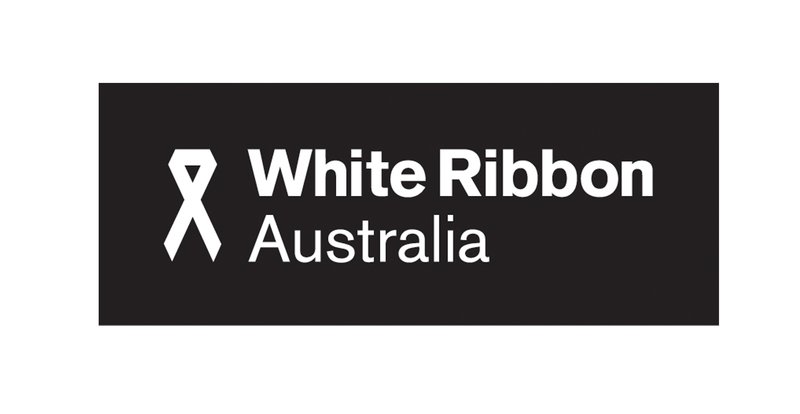Recognizing global leadership on domestic violence at work: New Zealand & Australia
In July, New Zealand became the second country in the world to pass a national law granting victims of domestic violence 10 days paid leave to allow them to leave their partners, find new homes and protect themselves and their children.[1] New Zealand has one of the highest rates of domestic violence in the developed world, with police responding to a family violence incident every four minutes.
The private members bill followed seven years of work by Green MP Jan Logie. Logie worked in a women’s refuge before she became a politician. In her comments to reporters following the passing of the bill she said;
“Part of this initiative is getting a whole-of-society response. We don’t just leave it to police but realise we all have a role in helping victims. It is also about changing the cultural norms and saying ‘we all have a stake in this and it is not OK’. ”
Family violence groups in New Zealand welcomed the new legislation, saying it was the beginning of people realising that tackling the problem was part of a broader shift to improving employee wellbeing.
New Zealand also launched a new website this year: How to become a business that’s working to end family violence. The website includes a workplace toolkit and links to the award-winning national campaign: Family Violence - It’s Not OK that was launched in 2007.
In Australia, a thirteen month Royal Commission into Family Violence culminated in 2016 with a comprehensive report that acknowledges family violence as a core area of responsibility for government.
The causes of family violence are complex and include gender inequality and community attitudes towards women. Contributing factors may include financial pressures, alcohol and drug abuse, mental illness and social and economic exclusion. As part of our inquiry we studied much of the literature that discusses the social and individual factors that give rise to family violence. Understanding these factors provides a basis for making well-informed decisions about the measures that should be taken to prevent and respond to family violence.
The report includes a section on the role of workplaces:
Workplaces reflect the breadth and diversity of the community and offer an important opportunity to reach people who are affected by family violence, to provide support for them, and to help them take steps to secure their safety. They are also important sites for preventing and responding to family violence because the effects of violence reach into workplaces and because attitudes and cultures that prevail in workplaces can influence the level to which violence against women is supported or condoned.

In 2017, White Ribbon Australia launched a workplace accreditation program. A compelling video on the site demonstrates the commitment to workplace engagement by many influential leaders in Australia. The accreditation program supports workplaces to adapt organisational culture, policies and procedures, equipping staff with the knowledge and skills to address the issue of violence against women, both within the workplace and broader community. Accredited workplaces demonstrate effective leadership, resource allocation, communication, HR policy development and training. Accreditation lasts for 3 years, evidencing an ongoing, sustainable commitment to the prevention of violence against women.
From the website:
Violence against women is a serious, prevalent and preventable issue in Australia. Violence against women – whether it occurs in or beyond the workplace – impacts on the health and safety of employees, their wellbeing and their productivity. It impacts negatively on workplace culture, organisational reputation and bottom-line profit and loss.
We learn from, and inspire each other. Domestic violence is a global issue that impacts all citizens at work and in communities. Everyone has a role to play. With Make It Our Business, we have learned that if we help people to understand the role they can play, safely and effectively, most will take action. Canada does not yet have a national imperative to address domestic violence. Progressive employers in Canada help move the issue forward by taking steps to address the issue. Find out more about how you can contribute. Start by taking the Make It Our Business pledge.
[1] The Philippines Anti-Violence Against Women and Their Children Act of 2004 includes provision for victims to take up to 10 days special leave.






